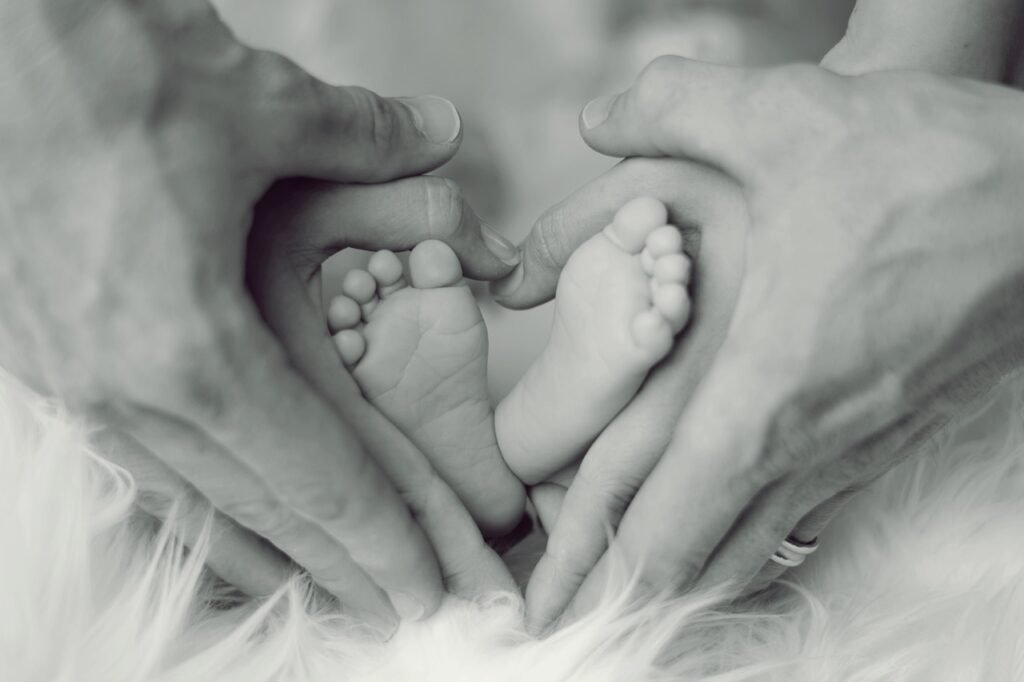
Ask anyone what family means, and the answers will vary. For some, it’s their childhood home filled with siblings and Sunday dinners. For others, it’s a partner, a pet, or a chosen circle of friends who feel more like home than any blood relation ever did. The truth is, while the importance of family is universal, how we define it is deeply personal.
Let’s explore why family values still matter in a fast-changing world—and why what family means can (and should) look different for everyone.
Why Family Still Matters—Even in a Modern World
No matter how the structure of a family looks, most of us crave the same core things: love, stability, belonging, and support. Family is often where we learn our first lessons about trust, kindness, resilience, and loyalty. It’s the group—biological or chosen—that helps us feel rooted and safe, even when everything else is shifting.
Whether you’re part of a traditional nuclear family, a single-parent household, a blended or LGBTQ+ family, or a tight group of friends you call family—your circle matters. It shapes how you view the world, and how you show up in it.
Family Means Different Things to Different People
Some find family in the people who raised them. Others find it in people who accepted them when their own relatives couldn’t. Some feel closest to one sibling or grandparent, while others are estranged and find love and support in friendships or partners.
What matters most is not the form your family takes, but the function it serves in your life.
- A single mom can create a strong, loving home.
- A best friend can become a sister in every way but blood.
- A grandparent can be your greatest anchor.
- A group of friends can raise each other.
The Changing Face of Family
Today, family looks different for everyone—and that’s not a bad thing. Adoption, foster care, co-parenting, multi-generational households, and chosen families are all reminders that love is more powerful than labels.
What binds us isn’t shared DNA. It’s shared care, shared effort, and the commitment to being there for each other, especially when it’s not easy.
Why Defining Family for Yourself Is Empowering
When we stop chasing the “ideal” version of family and start honoring the one that actually loves and supports us, we give ourselves freedom. We let go of guilt and shame, and embrace what works for our lives. That might be a supportive friend group, a blended household, or even a solo journey with deep community ties.
You get to decide what family means to you—and no one else has the right to define it for you.
Final Thoughts
The importance of family is not tied to a single image or definition. It’s about connection, care, and consistency. It’s about the people who lift you up, see you fully, and stay with you—even through change.
So, whether your family is loud and traditional or quiet and unconventional, know this: what matters most is the love you give and receive. In the end, family is not about fitting a mold—it’s about finding your people.
